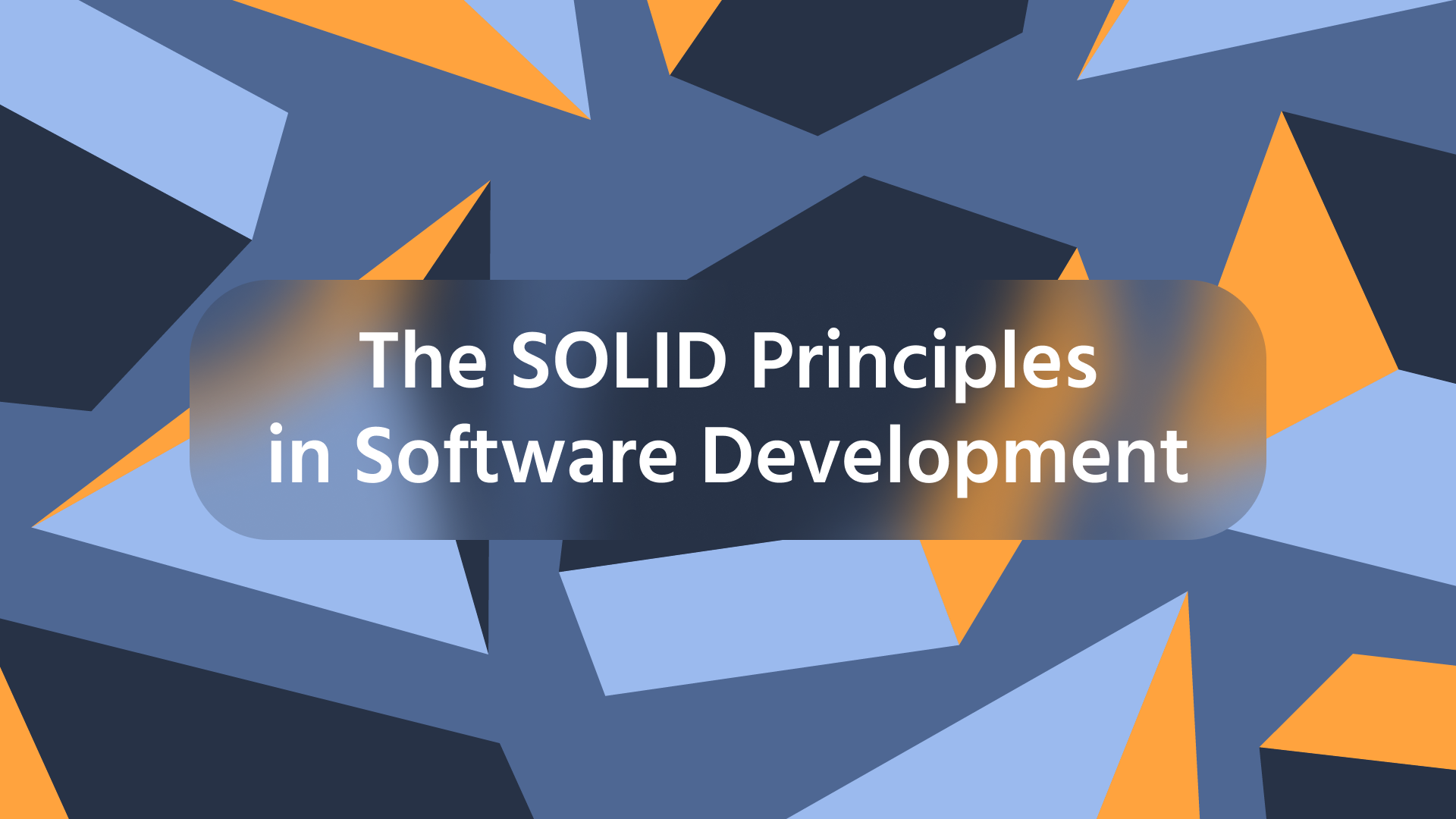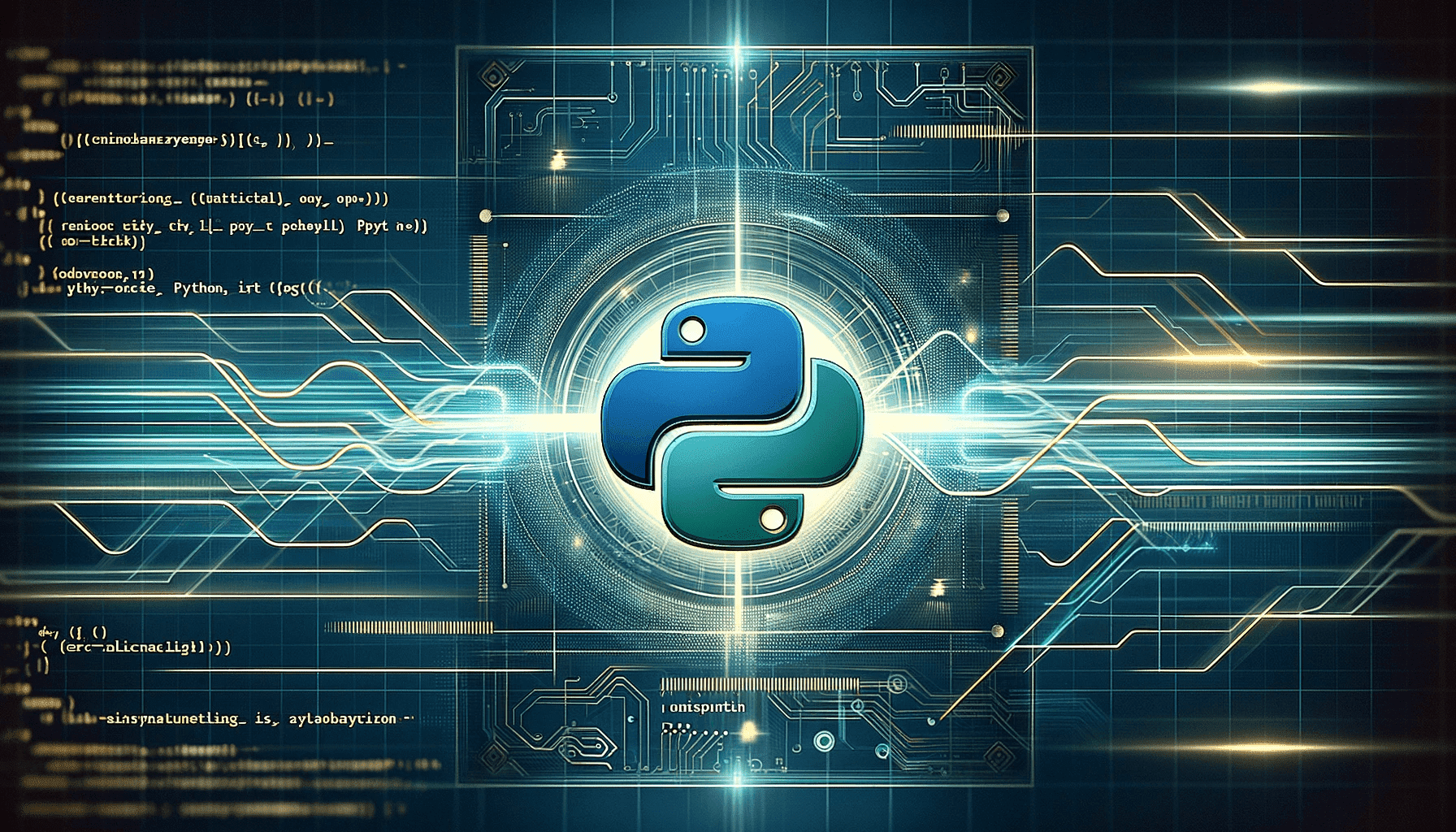Cursos relacionados
Ver Todos os CursosAvançado
Java OOP
Those who know OOP can program well. That's what many programmers say. Get ready for an important part of your Java learning journey, mastering which will greatly boost your programming skills in general. You will learn how to effectively use the Java development environment, the principles of Object-Oriented Programming (OOP), and best practices in OOP. You will learn to make your code flexible and deepen your knowledge of previously covered topics. Let's get started!
Iniciante
Java Basics
Learn the fundamentals of Java and its key features in this course. By the end, you'll be able to solve simple algorithmic tasks and gain a clear understanding of how basic console Java applications operate.
Programming Paradigms or Understanding the Ways of Software Development
Exploring the Diverse World of Coding Styles and Methodologies

Programming paradigms are fundamental to the world of software development. Much like artists who select different styles and techniques to bring their visions to life, programmers choose paradigms to shape the structure and approach of their code. In this article, we will explore the essence of programming paradigms, delving into their types, characteristics, and real-world applications.
Types of Programming Paradigms
| Programming Paradigm | |||
|---|---|---|---|
| Imperative Programming | A traditional paradigm where the programmer instructs the machine how to change its state. | Involves direct state manipulation. | Includes procedural programming and object-oriented programming. |
| Declarative Programming | Tells the computer what problem needs to be solved, but not how to solve it. | Focuses on the logic of computation without describing its control flow. | Includes functional programming and logic programming. |
| Functional Programming | Treats computation as the evaluation of mathematical functions and avoids changing-state and mutable data. | Emphasizes immutability and stateless computations. | Haskell, Scala |
| Object-Oriented Programming (OOP) | Focuses on objects that interact with each other. | Encapsulation, inheritance, polymorphism. | Java, C++ |
| Event-Driven Programming | Centered around events and code is executed in response to actions like user inputs or sensor outputs. | Responsive to events, asynchronous. | JavaScript |
| Logic Programming | Based on formal logic, consisting of sentences in logical form to express facts and rules. | Focuses on formal logic, rule-based. | Prolog |
The Impact of Paradigms on Software Development
Different programming paradigms impact software development in various ways. Procedural programming is excellent for straightforward, linear tasks. OOP is well-suited for larger, more complex applications where modularity and reusability are key. Functional programming is preferred in scenarios where immutability and mathematical reasoning are paramount.
Start Learning Coding today and boost your Career Potential

FAQs
Q: Can I use multiple programming paradigms in one project?
A: Yes, many projects use a combination of paradigms, known as multi-paradigm programming, to leverage the strengths of each.
Q: Is OOP better than procedural programming?
A: Each paradigm has its strengths and is better suited for different types of problems. OOP is often preferred for complex systems, while procedural is simpler for linear tasks.
Q: Do I need to learn all these paradigms to be a good programmer?
A: While it's not necessary to master all paradigms, having a basic understanding of each can be beneficial.
Q: Is functional programming difficult to learn?
A: It can be challenging initially, especially for those accustomed to imperative paradigms, but it offers unique approaches to problem-solving.
Q: Which programming paradigm is most in demand in the industry?
A: It varies by industry and project requirements. OOP is widely used, but functional programming is gaining popularity in areas like data science and parallel computing.
Cursos relacionados
Ver Todos os CursosAvançado
Java OOP
Those who know OOP can program well. That's what many programmers say. Get ready for an important part of your Java learning journey, mastering which will greatly boost your programming skills in general. You will learn how to effectively use the Java development environment, the principles of Object-Oriented Programming (OOP), and best practices in OOP. You will learn to make your code flexible and deepen your knowledge of previously covered topics. Let's get started!
Iniciante
Java Basics
Learn the fundamentals of Java and its key features in this course. By the end, you'll be able to solve simple algorithmic tasks and gain a clear understanding of how basic console Java applications operate.
The SOLID Principles in Software Development
The SOLID Principles Overview
by Anastasiia Tsurkan
Backend Developer
Nov, 2023・8 min read

30 Python Project Ideas for Beginners
Python Project Ideas
by Anastasiia Tsurkan
Backend Developer
Sep, 2024・14 min read

Asynchronous Programming in Python
Brief Intro to Asynchronous Programming
by Ruslan Shudra
Data Scientist
Dec, 2023・5 min read

Conteúdo deste artigo